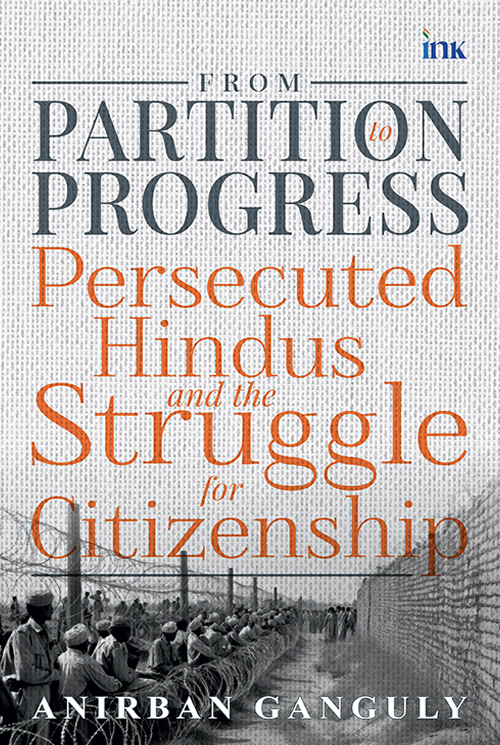From Partition to Progress
After the partition of Bengal in 1947, the influx of refugees from across the border created one of the world’s largest migration crises. In the early years after independence, Prime Minister Nehru imposed the Nehru–Liaquat Pact, an agreement with Pakistan’s Prime Minister Liaquat Ali Khan, which did not serve India’s interests but instead helped Pakistan.
In 2019, Prime Minister Narendra Modi enacted the Citizenship Amendment Act (CAA). The objective of the law is to confer citizenship to persecuted minorities, including Bengali Hindus. However, the Congress and communist parties opposed it.
From Nehru to Modi sheds light on the struggles faced by Bengali Hindus in post-independent Pakistan. It exposes how the Congress under Nehru’s leadership failed these persecuted refugees. The book also highlights the role of Syama Prasad Mookerjee in advocating for a homeland for Bengali Hindus in West Bengal. The tenacious efforts of organizations such as the RSS, Bharatiya Jana Sangh, and later the BJP in demanding dignity, rehabilitation, and citizenship for these refugees are also explored in some detail.


